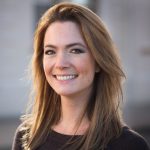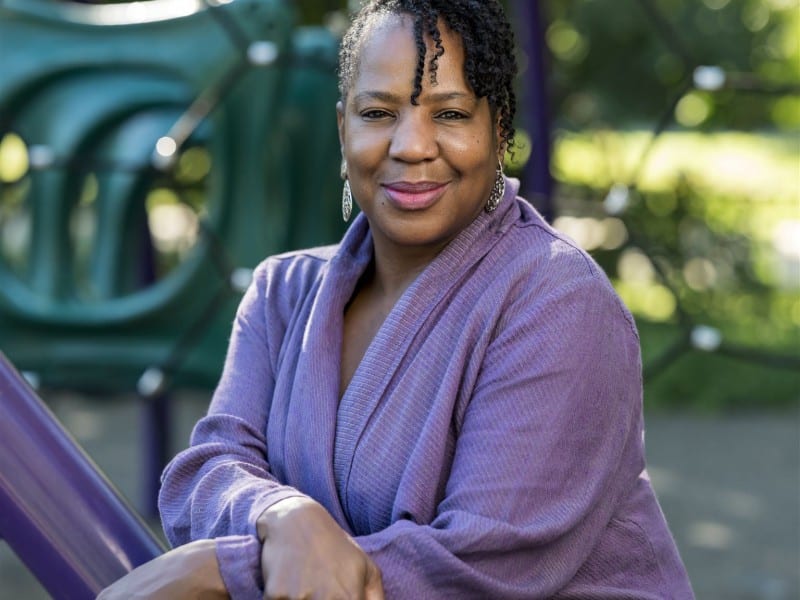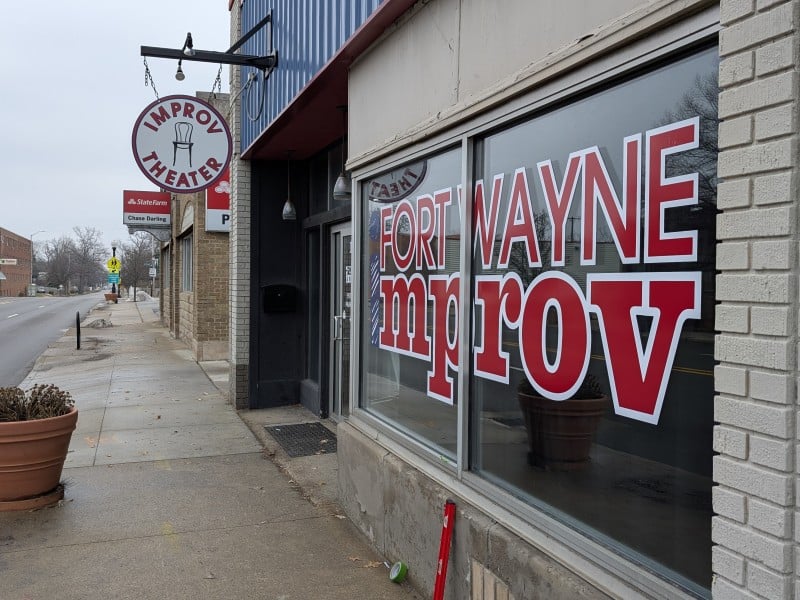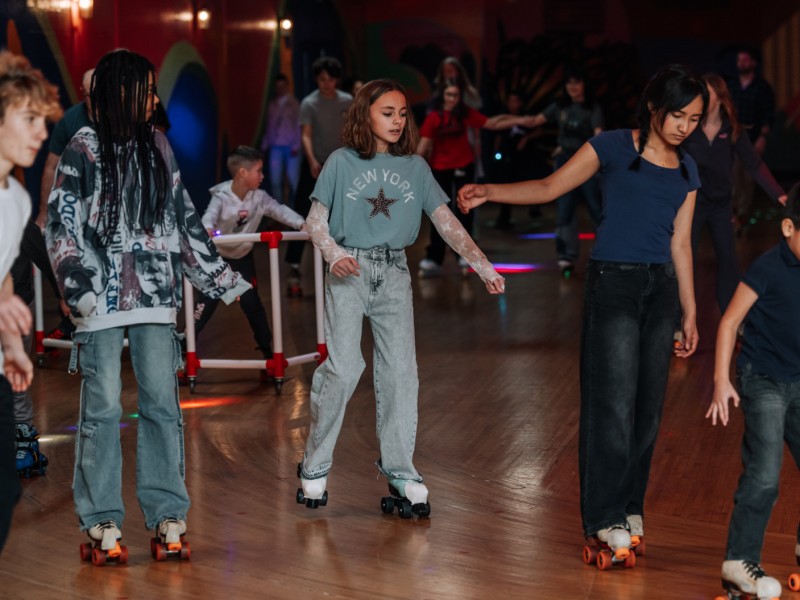Living through the COVID-19 pandemic twice: A Decatur history teacher’s reflections
For Zach Cook of Decatur, the COVID-19 pandemic happened twice.

For most people, living through the outbreak of the COVID-19 pandemic was a once-in-a-lifetime experience.
But for Zach Cook of Decatur, it happened twice. First when he was teaching abroad in China. And again after he returned to the U.S.
As Cook processes the experience, he says that while the U.S. and China have drastically different cultures, humanity seems to be responding to the virus in some of the same ways: A period of denial followed by severe restrictions.
“In Chengdu, it was not totally unlike America in that way it was almost an overnight shutdown of such a large city,” Cook says. ”Almost everywhere closed except for groceries, pharmacies, convenience stores, and supermarkets.”
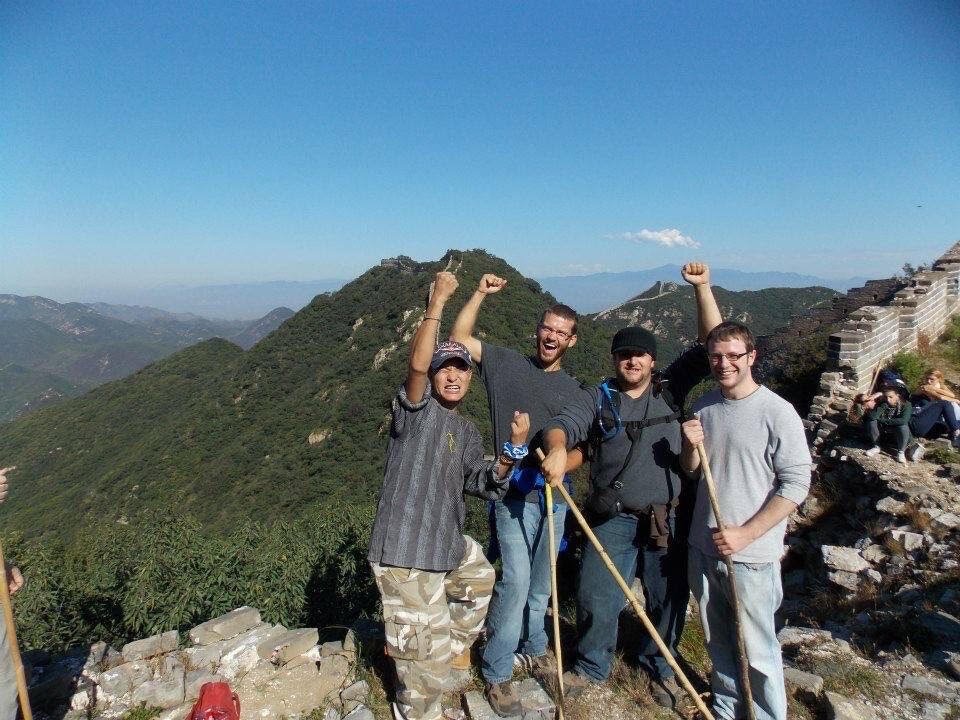
A history and politics teacher by trade, Cook first moved to China in 2012 after graduating from Purdue Fort Wayne with a bachelor’s degree in political science.
At the time, he was simply wanting to travel abroad and learn about the country as a rising power, so he took a job as an English teacher in China.
Over the years, he moved around the country and earned his teaching certificate, allowing him to teach history at international high schools.
At the time of the initial COVID-19 outbreak in late 2019, he was working at an elite school of about 250 students in Chengdu–the capital of southwestern China’s Sichuan province, about 11 hours west of the outbreak city Wuhan.
“At that time, we heard whispers about stuff happening in Wuhan, but we didn’t pay much attention to it,” Cook says.
During his travels, he met many friends from around the world in China and even started dating a girl from Tanzania. In January, the couple was planning to spend a week of the Chinese New Year visiting Vietnam. But by the time they were booking flights to return from their vacation, things were drastically different.
The Hubei Province, where Wuhan is located, put its 50 million residents on lockdown.
“That’s when everybody was like, ‘This is a big deal,’” Cook says. “It was an unprecedented quarantine in human history.”
As soon as he and his girlfriend stamped their single-entry visas to return to China, they started getting messages from their employers, telling them to stay where they were.
The couple did end up returning to Chengdu, but when they arrived, they realized how serious the situation was.
“Few people were in the streets, and everyone was being very cautious,” Cook says. “Everywhere smelled like a hospital because they were disinfecting everything.”
About a week later, he and his girlfriend decided to leave China, going their separate ways to return home.
“We didn’t know how bad it was going to get,” Cook says. “And since you can’t trust the statistics from the Chinese government, you have to judge them by their actions, and the actions they were taking were going to have serious economic consequences, so we had to assume it was far worse than they were making it out to be.”
The trouble was, Cook was still responsible for teaching classes online for his Chinese students. After spending a few weeks in the Philippines with friends and monitoring his symptoms, he took a layover flight to stay with a friend in San Diego, so he could maintain his class schedule.
“Anytime I introduced myself to someone in San Diego, I said, ‘I came from China, but I haven’t been there in three weeks,’” Cook explains.
Even so, he remembers that most of the Americans he met around mid-February weren’t concerned about the virus at all.
“Everybody said, ‘I don’t care. I think it’s just the flu,” Cook recalls.
Since he first had a similar response to the COVID-19 outbreak himself, he wanted to help his fellow Americans realize how serious the situation was. So when he returned to Northeast Indiana and moved back to Decatur, he started collaborating with his friends at Lofthouse Creative Co., making videos to warn residents about the pandemic and help them navigate it.
The first video was released in mid-March to launch the production company’s More Human TV series, describing Cook’s experience in China.
He and the filmmakers are now working on additional projects, featuring interviews with an Asian doctor and a Chinese mask supplier, just to name a few.
The goal is to generate greater local awareness of the global pandemic and do what they can with the connections they have.
“It’s something we’re doing while we all have free time on our hands,” Cook explains.
And while the U.S. is about two months behind China in its COVID-19 timeline, there may be light at the end of the tunnel.
Cook’s school in China is opening up to students again this month, and he is continuing to teach them online from his home in Decatur. But while the distance is hard, there are benefits to quarantining in a rural community, too.
“It’s easier to social distance here,” Cook says, noting that he can go on drives and enjoy the outdoors without the threat of coming into contact with crowds of people.
When the pandemic is over, he plans to continue teaching internationally at a school in Taiwan.
Until then, as a history teacher, he can’t help but think about all of the ways this pandemic is going to shape national and world history.
Planning for his last discussion with his AP History class overseas, he’s going to ask students to imagine the history classes of the future.
“Imagine we’re 50 years in the future, what will this unit look like?” Cook asks. “Will COVID-19 get its own unit? Or will it just get one slide in a unit about the early 21st century? Will it be a footnote in a chapter about Trump, or will Trump be a footnote in a chapter about COVID? Will either be seen as significant in 50 years?”
Only time will tell.

